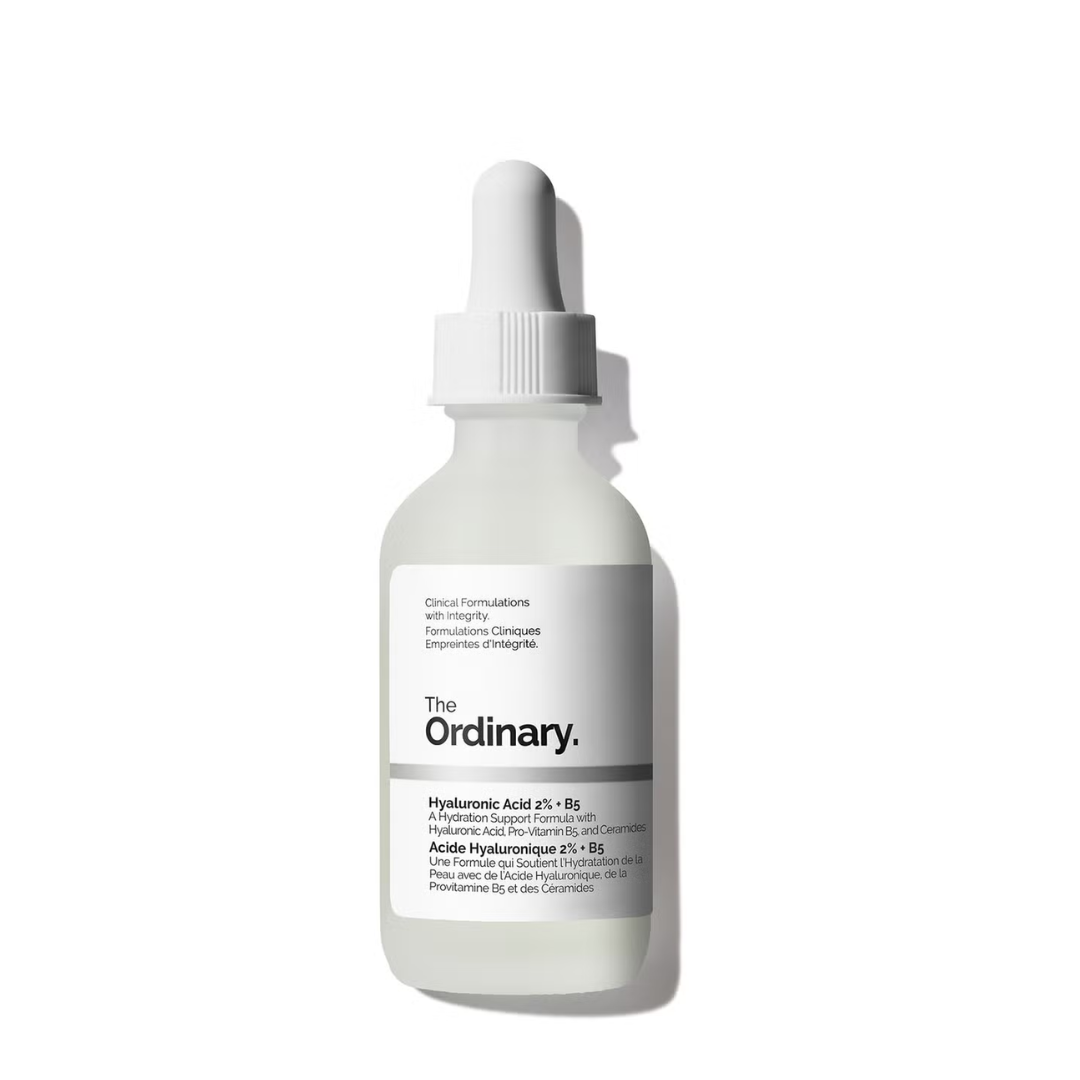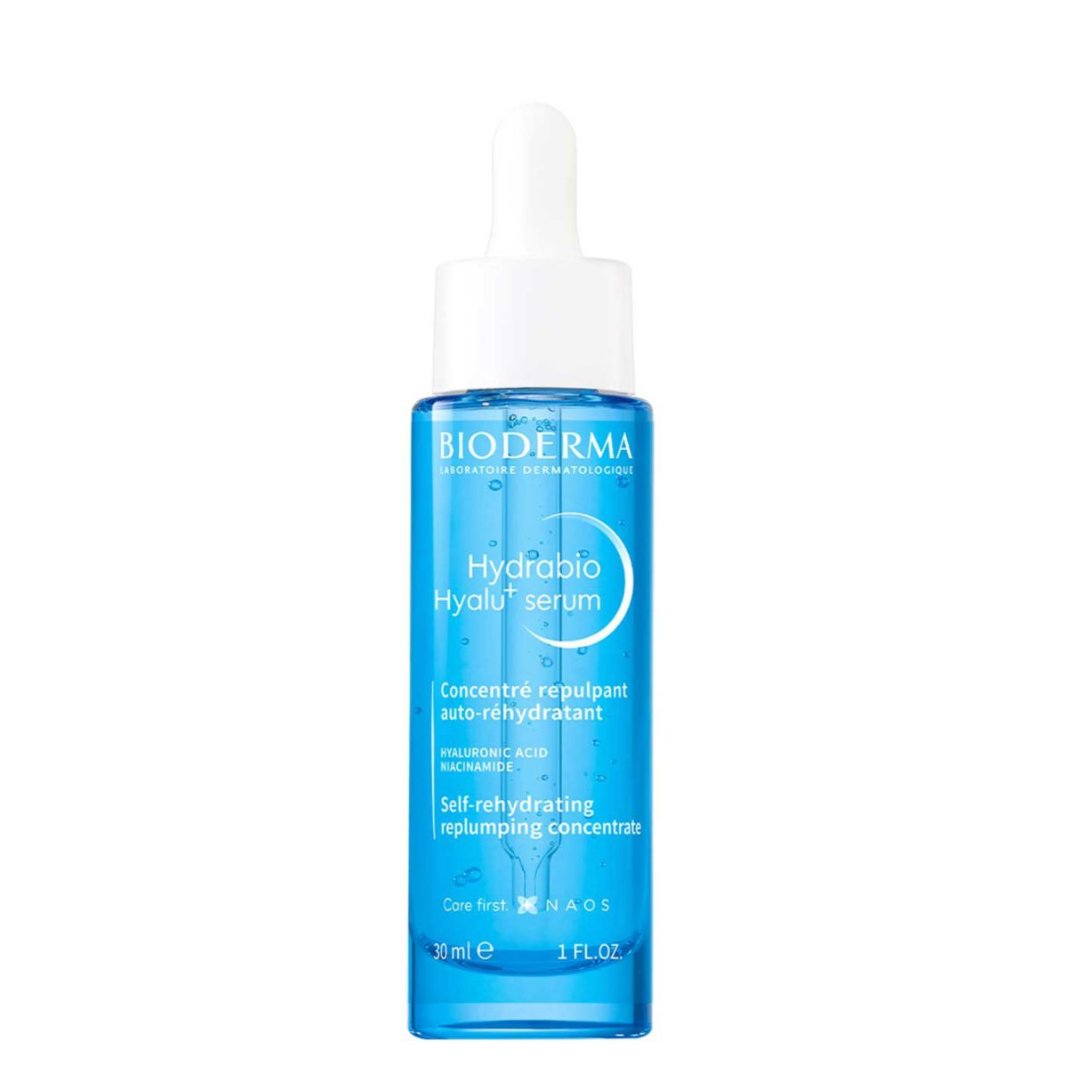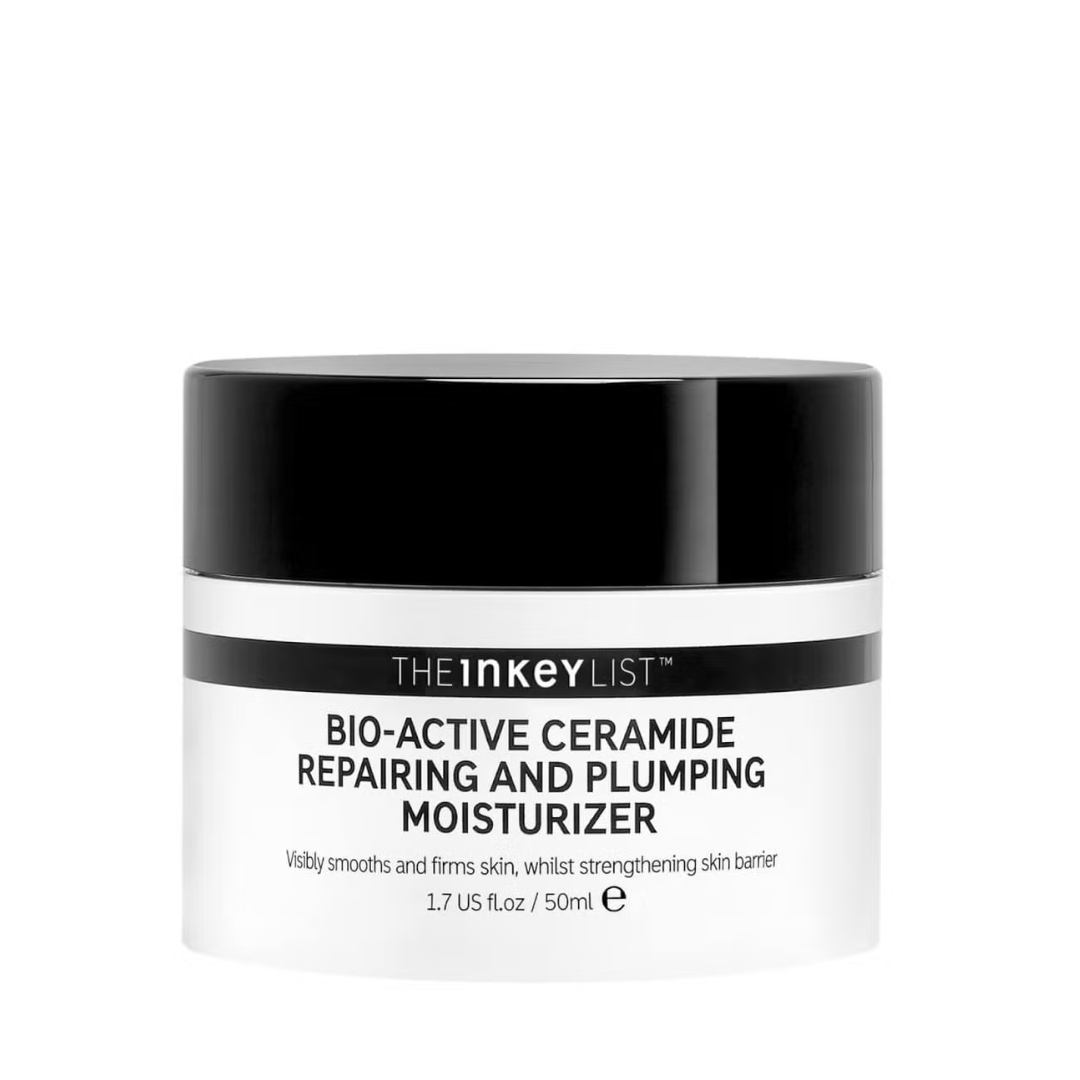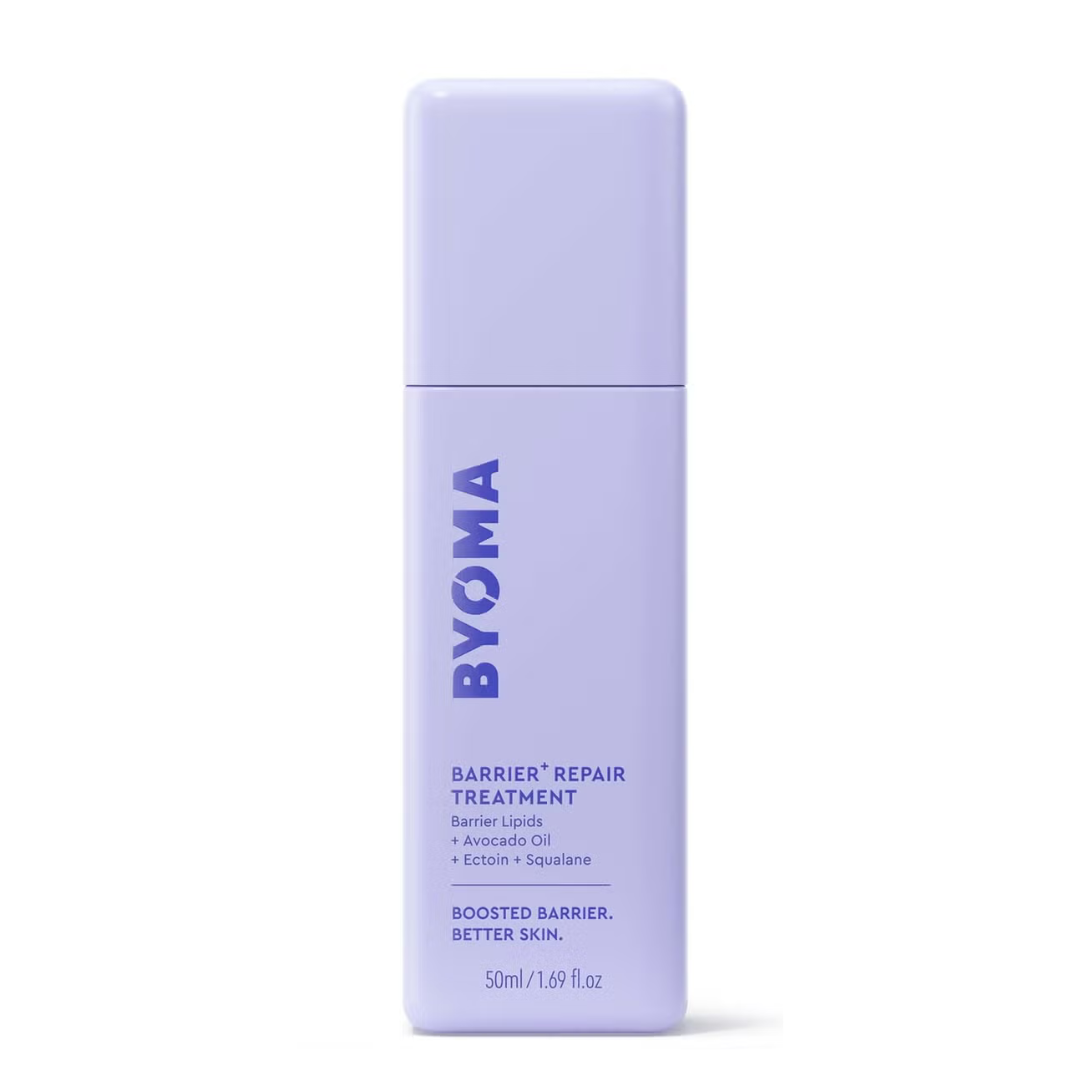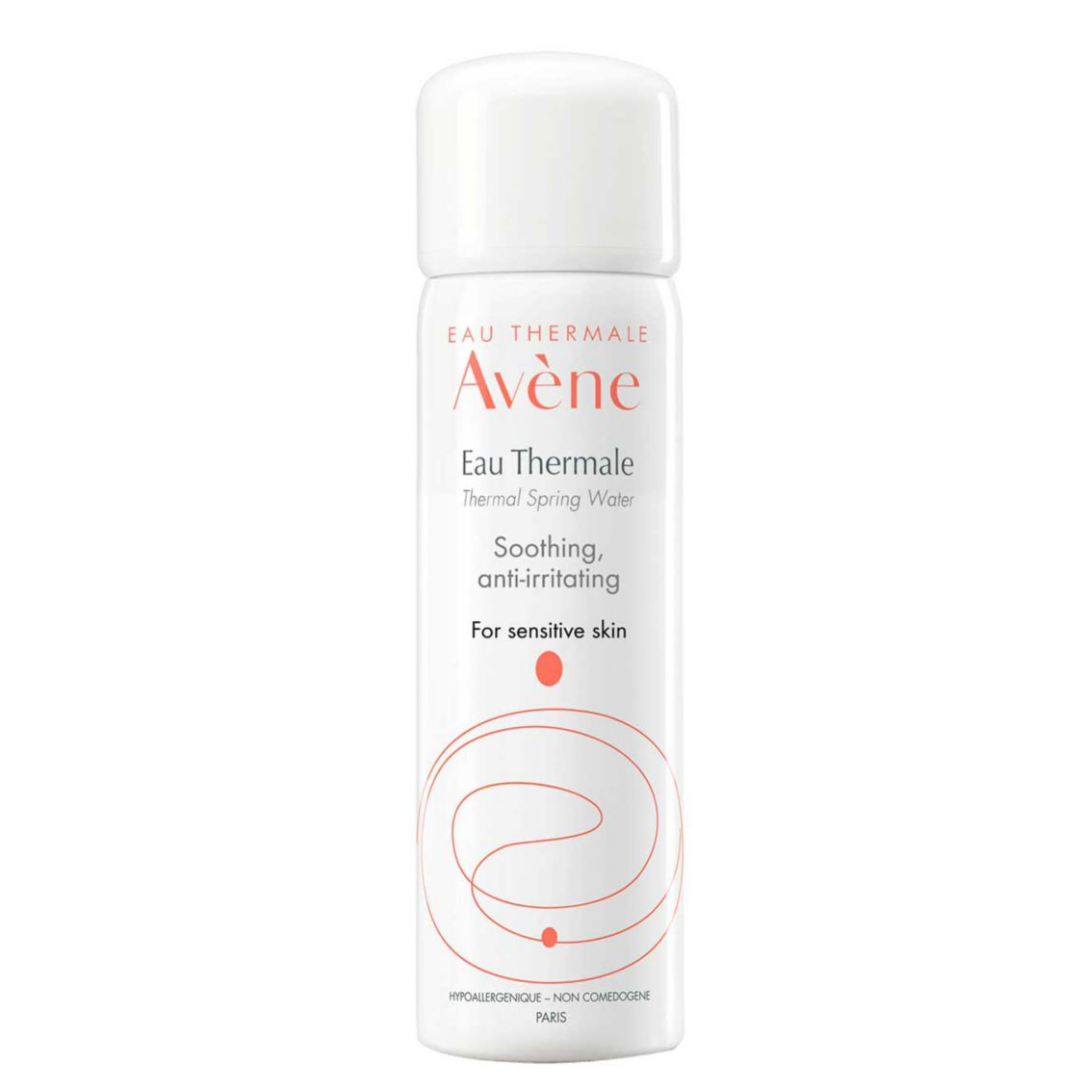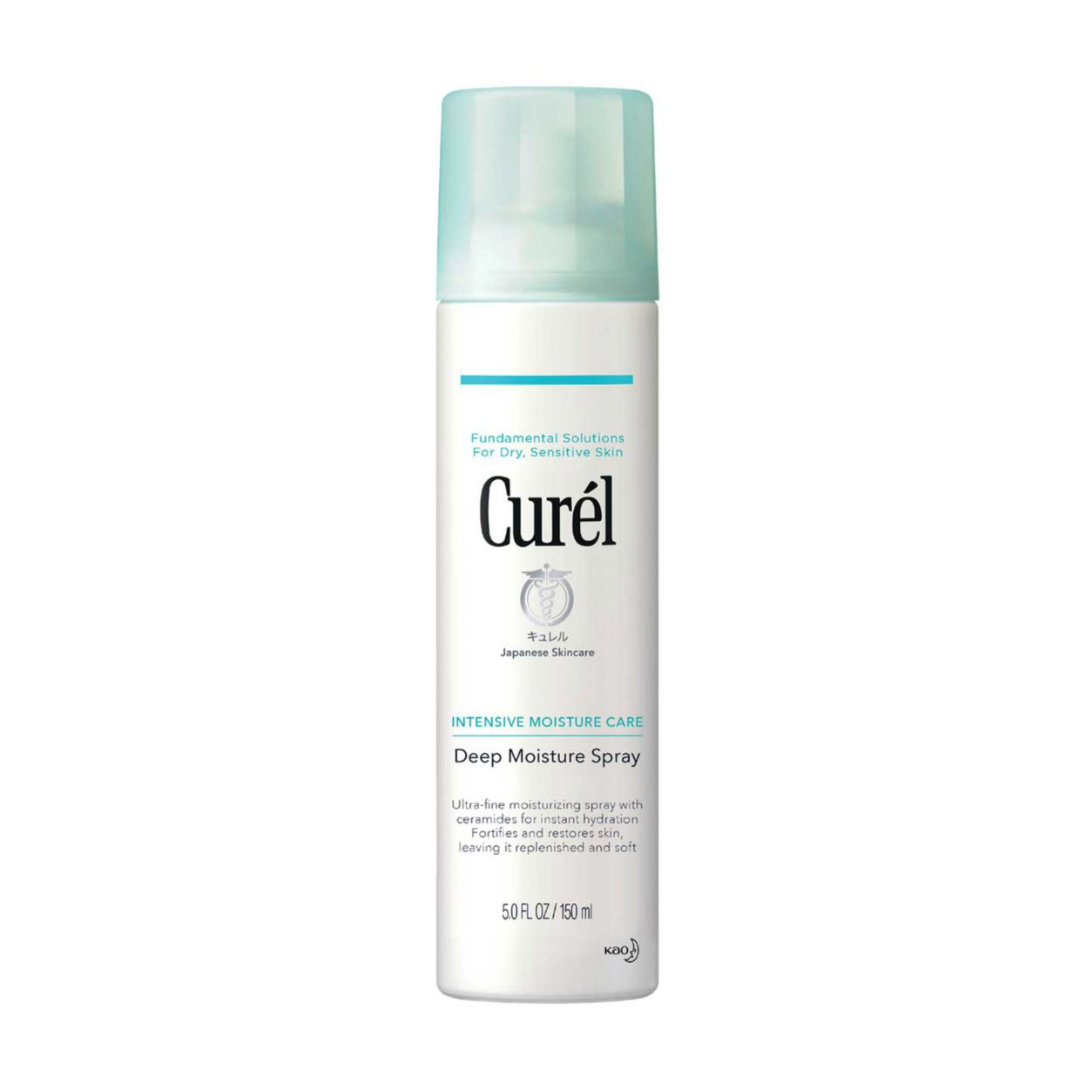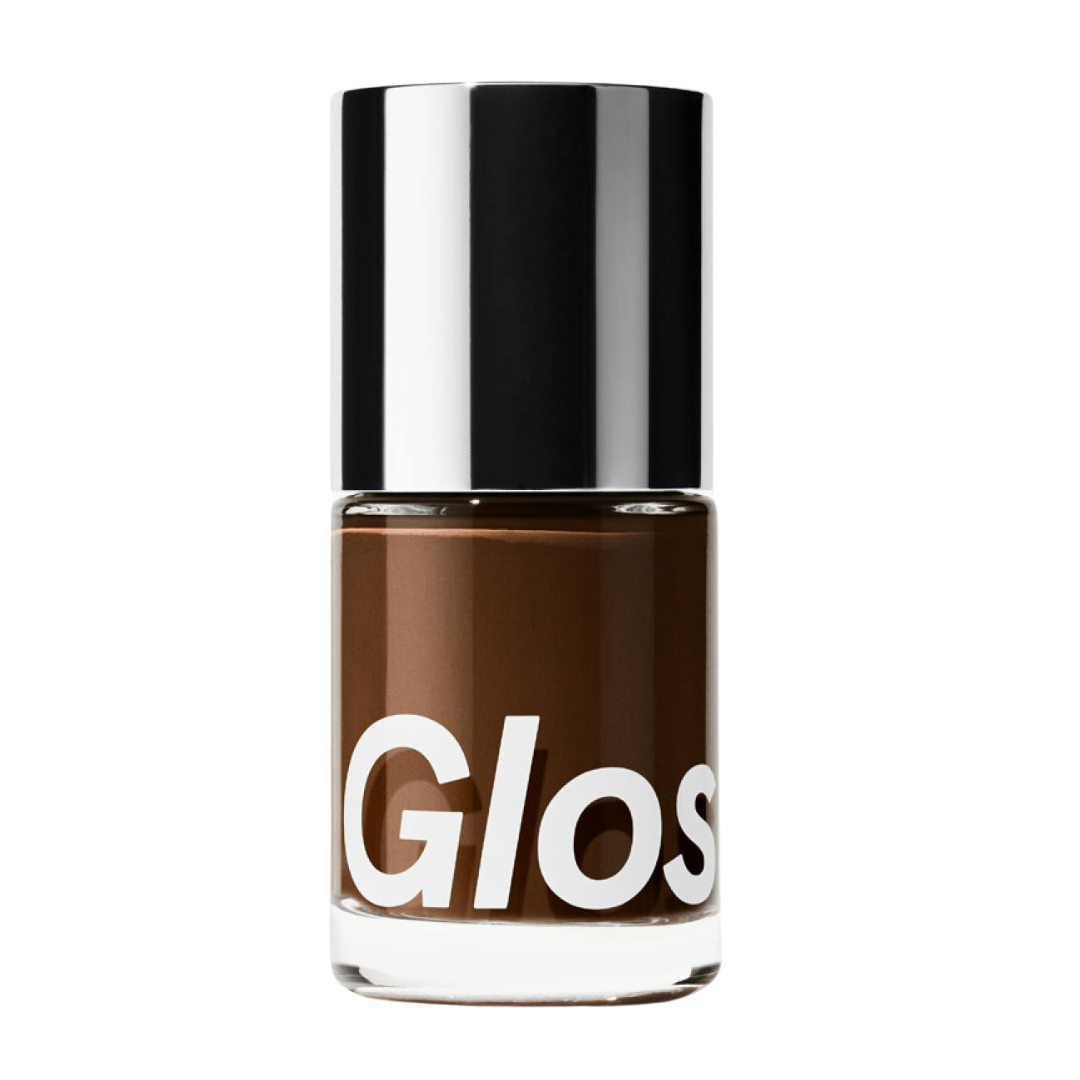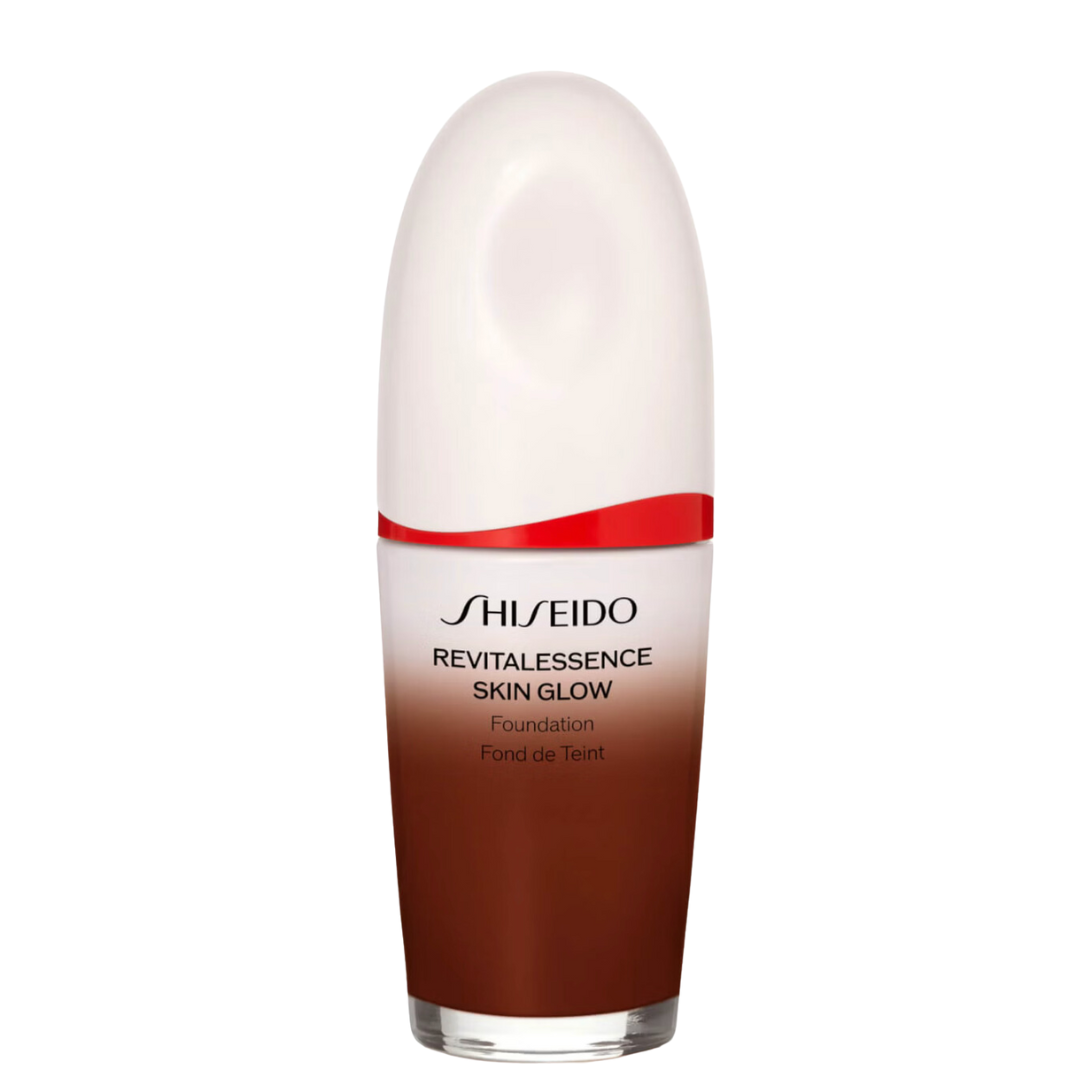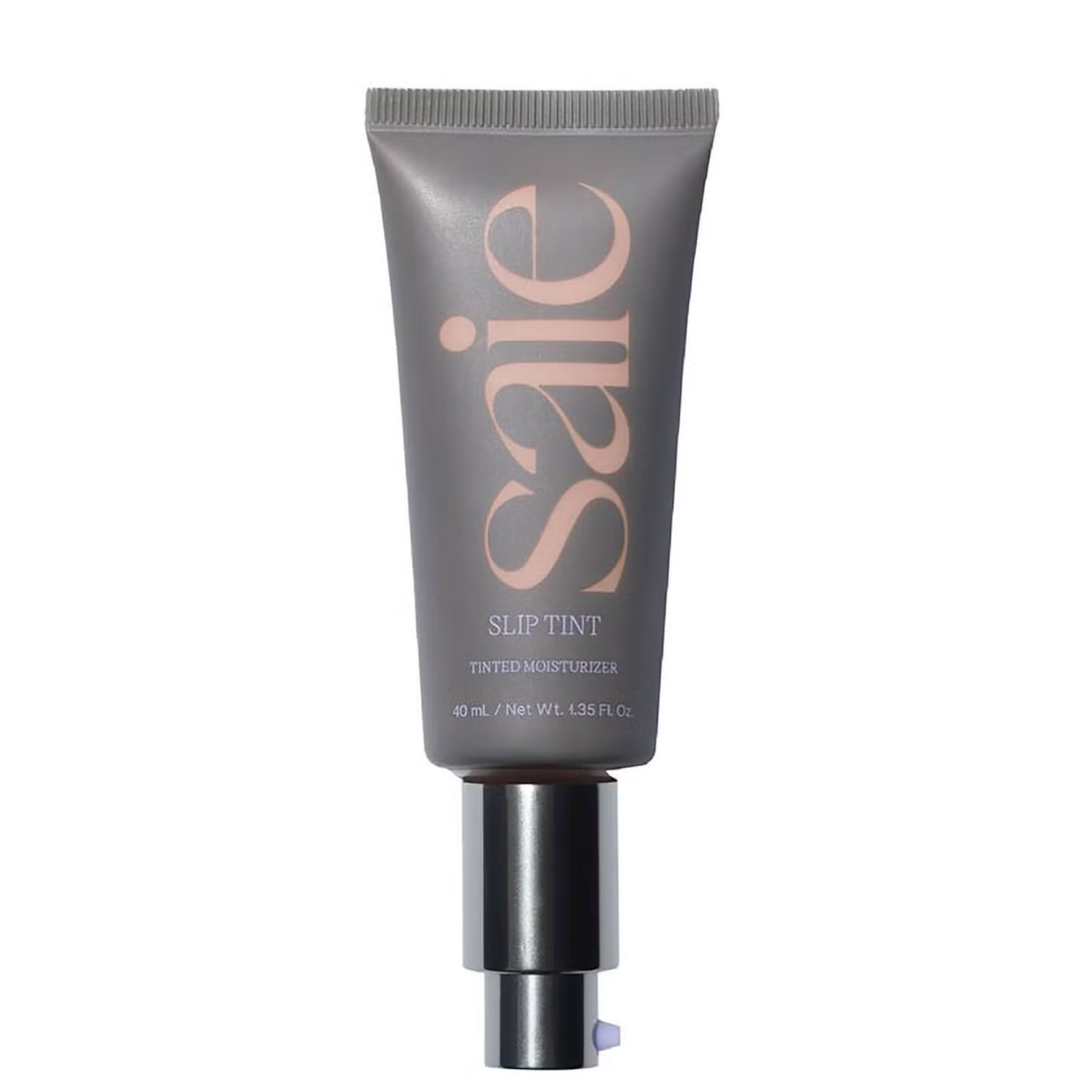Ramadan Beauty Tips for Black Skin
The Islamic holy month of Ramadan is upon us and it’s a time when members of the Muslim faith around the world typically fast from sunrise to sunset, avoiding all food and drink.
This sacred and spiritual practice enables Muslims to deepen their faith. According to Halima Bepo, Aesthetician and Founder of Beauty B, fasting ‘is an act of worship bringing nearness to God, as well as a form of spiritual discipline and a means to empathise with those less fortunate.’
It’s been shown repeatedly that fasting can have great benefits for the body and mind, however your skin can take a knock from the temporary reduction in food and water.
Research shows that Black skin loses water and moisture faster because of lower ceramide levels so overall your diet and skincare routine leading up to fasting will have a big impact on how your skin actually fares during Ramadan. Bepo tells us that dehydration and skin barrier damage are the two key concerns to look out for, especially if you live in a hot and dry climate.
Her advice is to keep your skincare very simple, ‘this is not the time to try new products or even change your skincare routine. Focusing on hydration and moisture skincare products will be a game changer and also reduce the possibility of breakouts. Ingredients like hyaluronic acid, squalane, glycerine and ceramides will help the skin retain moisture and protect the skin barrier. For those who live in warmer climates I usually advise them to double their moisture retaining products.’
Topping up your skin with moisturiser during the day is also a good idea and spray on moisture products can be a handy and hygienic way to do this.
Additionally, you may also want to avoid certain types of skincare ingredients during Ramadan, Retinoid based products such as Tretinoin or Retinol should be avoided if you’re already prone to sensitivity. If you’ve never used them before, don’t start now as they may be even more drying and irritation to the skin. Likewise you may find that exfoliating skincare ingredients like glycolic acid a bit too aggressive for the skin.
Fret not, it you’re already using these types of skincare ingredients in your routine. Bepo advises, if you start to experience dryness during Ramadan, just cut back your usage until Ramadan is over.
What you eat and drink when you break you fast in the evening is also important. Again hydration is key says Bepo ‘drink more water than usual and eat foods with high water content.’ Think oranges, watermelon, berries, cucumber, salads - not only will the quench dry and thirsty skin, they are also full or vital nutrients and antioxidants.
When you’re fasting evenings tends to be centred around food and it’s easy to binge on sugar, salt and fatty foods. Understandable, but not necessarily great for your skin health, especially if you’re breakout or acne prone. For these skin types, Bepo says ‘breaking your fast with healthy snacks will help you cut down of eating too much sugar. Also using products that contain gentle active ingredients like lactic acid to help gently exfoliate the skin and prevent pores from getting clogged.’ You can also consider using some salicylic acid if you have any stubborn spots.
Muslims pray five times a day and prior to prayer they perform ‘wudu’ (ablution - washing specific parts of body), which can leave the skin feeling dry and dehydrated because constant washing strips moisture. The best way round this ‘have a hydrating mist or gel moisturiser close by to apply after wudu because it will help to keep the skin moisturised and prevent damage to your skin barrier.’
Finally, make up. With a tendency for the skin to be dry during Ramadan, Bepo says it’s best to avoid matte make up and heavy powders because they will pull moisture away from your skin. Instead opt for a tinted moisture or beauty balm will work better at leaving the skin with a healthy glow.


